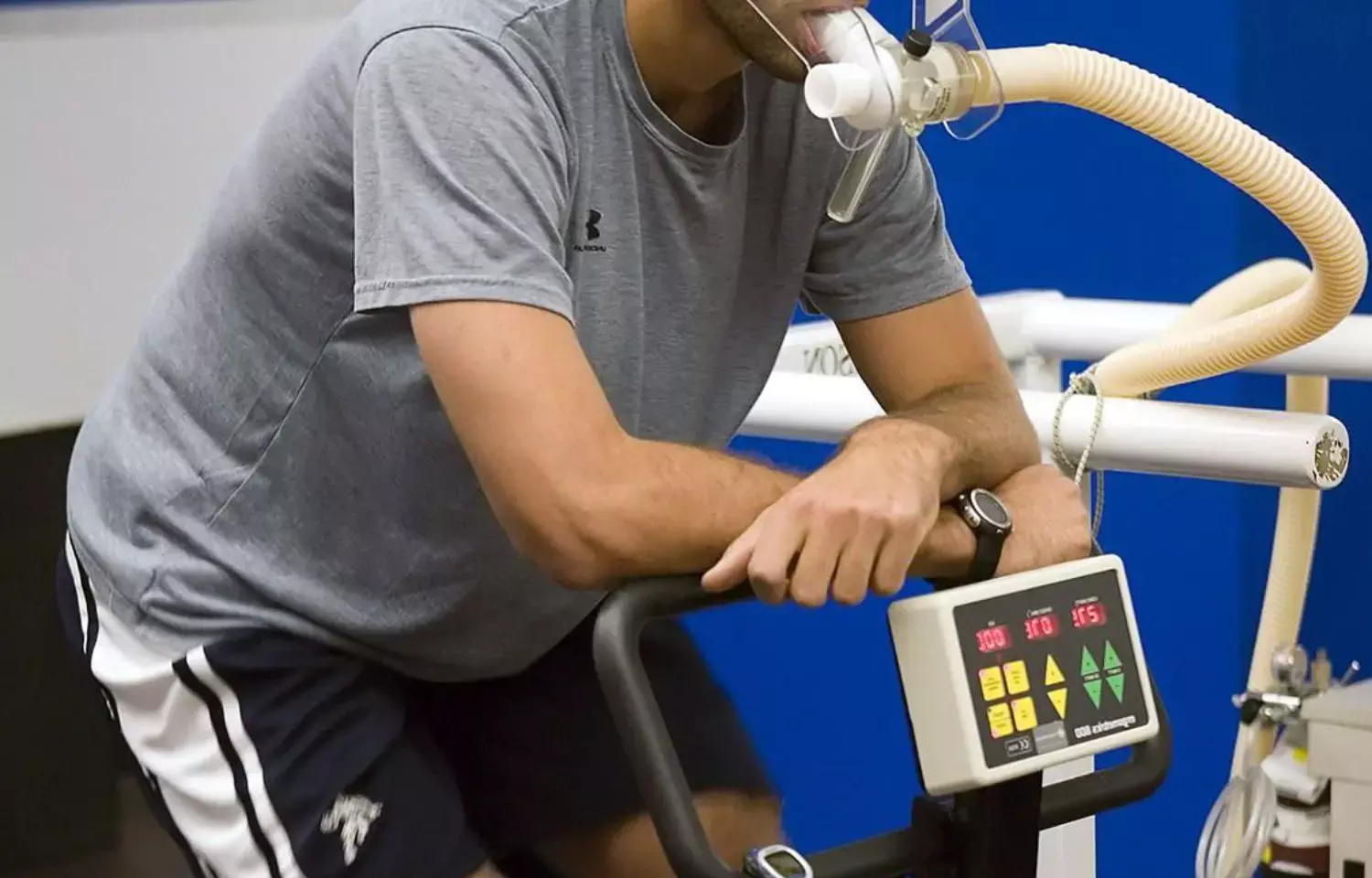- Home
- Medical news & Guidelines
- Anesthesiology
- Cardiology and CTVS
- Critical Care
- Dentistry
- Dermatology
- Diabetes and Endocrinology
- ENT
- Gastroenterology
- Medicine
- Nephrology
- Neurology
- Obstretics-Gynaecology
- Oncology
- Ophthalmology
- Orthopaedics
- Pediatrics-Neonatology
- Psychiatry
- Pulmonology
- Radiology
- Surgery
- Urology
- Laboratory Medicine
- Diet
- Nursing
- Paramedical
- Physiotherapy
- Health news
- Fact Check
- Bone Health Fact Check
- Brain Health Fact Check
- Cancer Related Fact Check
- Child Care Fact Check
- Dental and oral health fact check
- Diabetes and metabolic health fact check
- Diet and Nutrition Fact Check
- Eye and ENT Care Fact Check
- Fitness fact check
- Gut health fact check
- Heart health fact check
- Kidney health fact check
- Medical education fact check
- Men's health fact check
- Respiratory fact check
- Skin and hair care fact check
- Vaccine and Immunization fact check
- Women's health fact check
- AYUSH
- State News
- Andaman and Nicobar Islands
- Andhra Pradesh
- Arunachal Pradesh
- Assam
- Bihar
- Chandigarh
- Chattisgarh
- Dadra and Nagar Haveli
- Daman and Diu
- Delhi
- Goa
- Gujarat
- Haryana
- Himachal Pradesh
- Jammu & Kashmir
- Jharkhand
- Karnataka
- Kerala
- Ladakh
- Lakshadweep
- Madhya Pradesh
- Maharashtra
- Manipur
- Meghalaya
- Mizoram
- Nagaland
- Odisha
- Puducherry
- Punjab
- Rajasthan
- Sikkim
- Tamil Nadu
- Telangana
- Tripura
- Uttar Pradesh
- Uttrakhand
- West Bengal
- Medical Education
- Industry
Chronic metformin use hinders fitness improvements in metabolic syndrome: Study

Spain: Research has stated that in individuals with hyperglycemia and high cardiovascular risk (i.e. metabolic syndrome), chronic metformin treatment was tied to attenuated improvements in maximal oxygen uptake (VO2MAX) with aerobic training. However, the associated blunted development of VO2MAX did not prevent exercise-induced improvements in fasting insulin resistance (IR).
The findings support the recommendation of exercise and metformin as first-line therapies for type 2 diabetes
"Metformin and exercise are first-line therapeutic options for prediabetes and type 2 diabetes treatment," Ricardo Mora-Rodriguez, University of Castilla-La Mancha, Toledo, Spain, and colleagues wrote in their study published in the journal Obesity. "Nonetheless, there is evidence of metformin's interfering effects on the insulin-sensitizing and cardiorespiratory fitness improvements induced by exercise training."
Against the above background, the researchers aimed to determine whether chronic metformin use interferes with the improvements in insulin resistance and cardiorespiratory fitness with aerobic training in people with hyperglycemia and metabolic syndrome (MetS).
16 weeks of supervised high-intensity interval training (3 d/wk, 43 min/session) was completed by a total of 63 middle-aged (53 [7] years) individuals with MetS and obesity (BMI = 32.8 [4.5] kg/m2). The patients were either taking metformin (EXER+MET; n = 29) or were free of any pharmacological treatment for their MetS factors (EXER; n = 34).
Groups had similarities in their age, initial cardiorespiratory fitness (maximal oxygen uptake [VO2MAX]), percentage of women, MetS factors (z score), and BMI. The researchers then measured the effects of exercise training on IR ((homeostatic model assessment of insulin resistance [HOMA-IR]), VO2MAX, MetS z score, maximal aerobic power output, and maximal fat oxidation during exercise.
Following were the key findings of the study:
- Fasting insulin and HOMA-IR decreased similarly in both groups with training (EXER+MET: −4.3% and −10.6%; EXER: −5.3% and −14.5%).
- However, metformin use reduced VO2MAX improvements by half (i.e., EXER+MET: 12.7%; EXER: 25.3%).
- Maximal fat oxidation during exercise increased similarly in both groups (EXER+MET: 20.7%; EXER: 25.3%).
- VO2MAX gains were not associated with HOMA-IR reductions (EXER+MET: r = −0.098; EXER: r = −0.255).
To conclude the researchers wrote, "although improvements may be blunted by the metformin's chronic use in patients with metabolic syndrome, this does not hamper the clinical benefits of exercise training on reducing fasting insulin resistance." "Therefore, clinical practice should include exercise advise."
Reference:
The study titled, "Effects of chronic metformin treatment on training adaptations in men and women with hyperglycemia: A prospective study," was published in the journal Obesity.
Dr Kamal Kant Kohli-MBBS, DTCD- a chest specialist with more than 30 years of practice and a flair for writing clinical articles, Dr Kamal Kant Kohli joined Medical Dialogues as a Chief Editor of Medical News. Besides writing articles, as an editor, he proofreads and verifies all the medical content published on Medical Dialogues including those coming from journals, studies,medical conferences,guidelines etc. Email: drkohli@medicaldialogues.in. Contact no. 011-43720751


